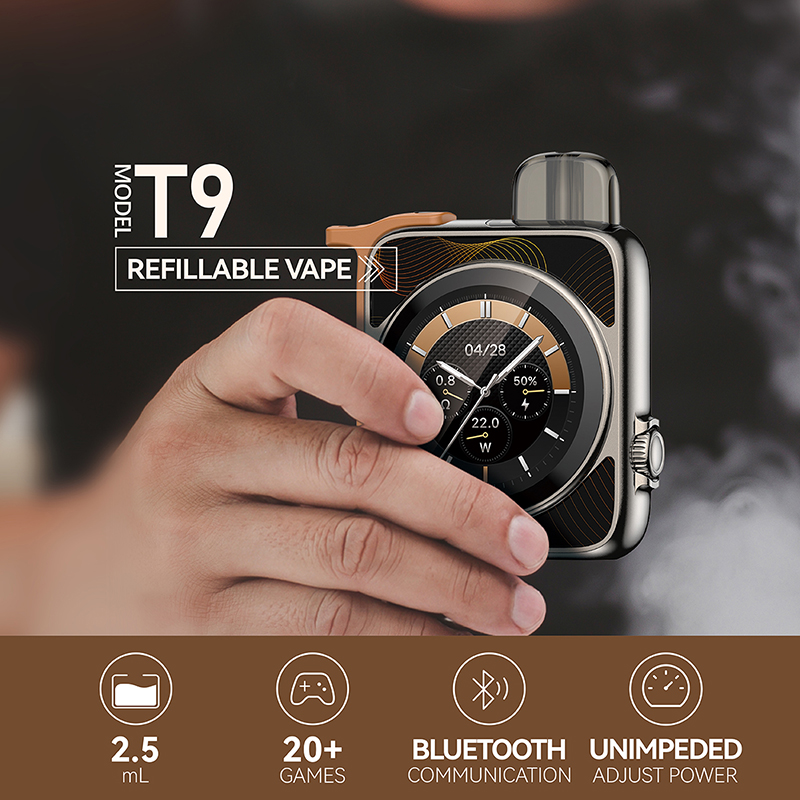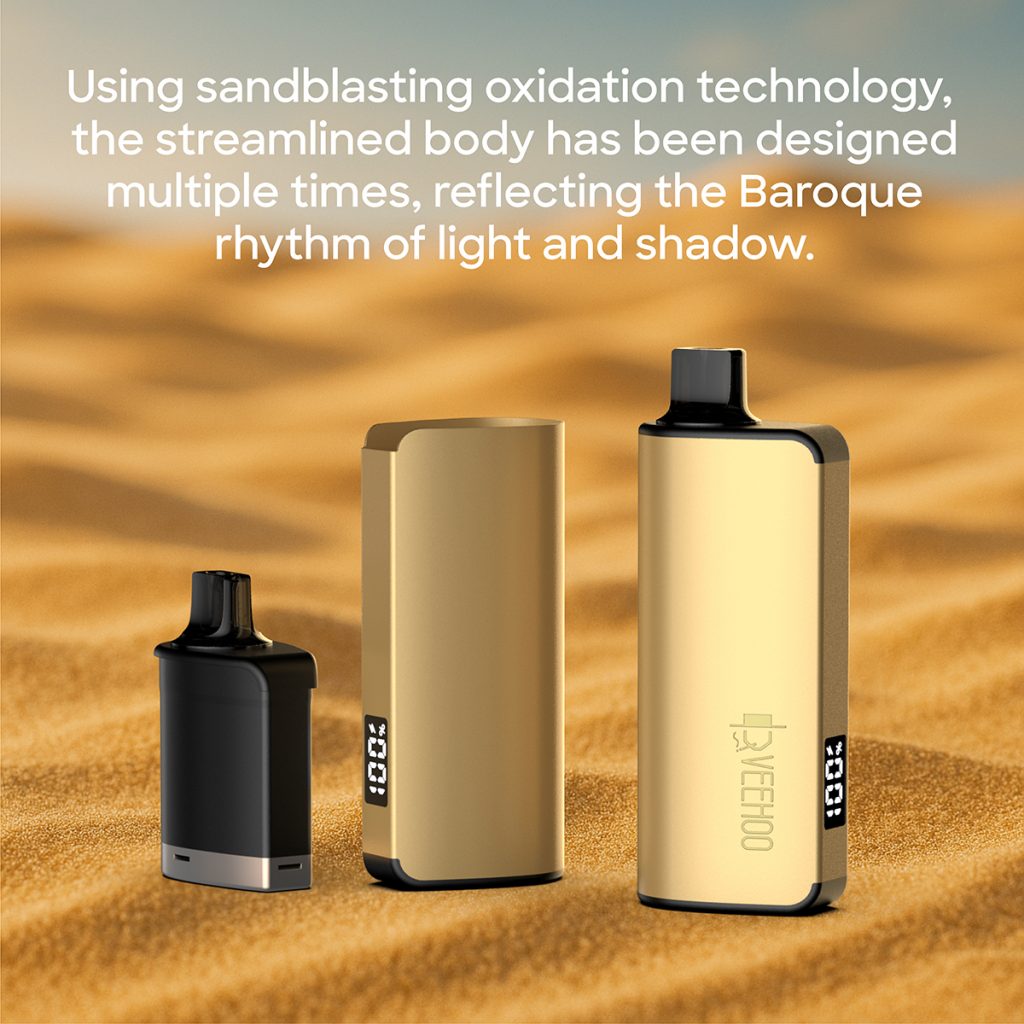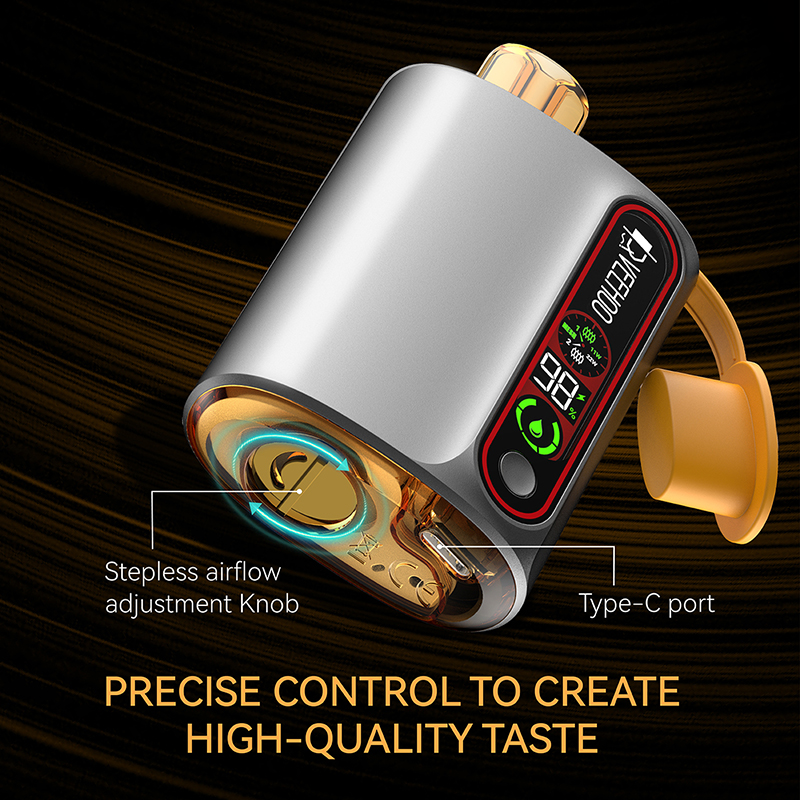Wolverhampton City Council recently handled a high-profile case. Wardak Supermarket (also known as Lifestyle Express) was prosecuted by the city’s Trading Standards Department and faces the potential revocation of its licence. The cause of action was that the owner, Abdul Qadir Davoodi, was found to have sold e-cigarettes and other prohibited goods to minors during multiple covert test purchases, a serious violation of relevant laws and public health regulations.
An investigation revealed that during two of the test purchases, volunteers under the age of 18 successfully purchased disposable nicotine e-cigarettes. These tests took place in July 2023 and the following year. Trading Standards subsequently conducted an inspection and, in August 2024, discovered a large quantity of non-compliant e-cigarette products in the store, which were confiscated. Davoodi ultimately pleaded guilty to six charges, including breaches of the Tobacco and Related Products Regulations 2016, the Nicotine Inhalation Products (Sale Age and Agent Purchase) Regulations 2015, and the Consumer Protection Unfair Trading Regulations 2008.
The court imposed fines and costs. Davoodi was fined £2,500, ordered to pay £4,500 in court costs, and a £1,000 victim surcharge. The court also made a confiscation and destruction order requiring the destruction of all seized non-compliant e-cigarette products. The city council and trading standards officers subsequently submitted a report to the local licensing committee, recommending the revocation of the shop’s operating license.
City council member Bhupinder Gakhal stated that this case is the latest in Wolverhampton’s efforts to strengthen child protection and law enforcement. She emphasized that selling age-restricted products to minors and selling illegal products pose a serious threat to public safety and are absolutely intolerable. Law enforcement authorities have made it clear that violations of the law must be held accountable, and license revocation is inevitable.

This case exposed the store’s poor management and inadequate training. Davoodi later stated that he had implemented rigorous age verification training for employees, installed CCTV surveillance, and maintained a sales refusal logbook as a sign of corrective measures. However, these measures failed to change the court’s finding of illegal sales and prevented penalties.
The illegal sales also involved 69 non-compliant e-cigarette products stored in the store. These e-cigarettes often advertised high-volume capacity, but far exceeded the 2ml limit permitted by UK regulations, demonstrating the store’s deliberate attempt to sell illegally imported products and evade regulation. Furthermore, the very fact of selling to minors raises questions about social ethics, regulatory boundaries, and core licensing requirements.
This incident has heightened public and regulatory scrutiny of the regulatory gaps and irregularities in the e-cigarette market. Especially for minors, once products enter the market through regulatory loopholes, it signals weak oversight, opaque channels, and a lack of accountability among merchants. Such illegal activities can have serious consequences, including the risk of nicotine dependence, health hazards, and damage to the reputation of legitimate businesses.
Against this backdrop, it is particularly valuable to explore how some e-cigarette brands achieve compliant, legal, safe, and transparent operations. The VEEHOO e-cigarette brand exemplifies this positive value. In stark contrast to the illegal sales practices described above, VEEHOO focuses on closed pod systems and pre-filled cartridges, demonstrating a high degree of compliance awareness in its product design and sales strategies.
VEEHOO products prohibit users from refilling e-liquid. The volume and nicotine concentration of each cartridge are strictly controlled, and health warnings such as “For adults 18 years and older only. Contains nicotine, may cause addiction and lung damage” are clearly marked on the packaging. There is absolutely no misleading advertising or solicitation directed at minors. Furthermore, the brand explicitly avoids using candy or cartoon-style packaging designs to mitigate the product’s appeal to younger consumers, demonstrating its strong commitment to public health.

Regarding sales channel management, VEEHOO only authorizes retailers who have received proper training, have age verification capabilities, and comply with regulations to sell its products. The brand provides authorized retailers with employee training and compliance standards, ensuring strict ID verification and refusal record keeping during the sales process. This closed-loop compliance system effectively prevents sales to minors or illegal products, providing clear and traceable evidence for regulatory inspections.
From a consumer experience perspective, VEEHOO products are renowned for their excellent flavor reproduction, appropriate draw resistance, and simple and smooth operation. For adult smokers, they offer a harm-reduction alternative. The brand’s focus is on helping current smokers consume nicotine in a safer and more controlled manner, rather than encouraging new users or adolescents to try it, in stark contrast to abusive products.
This design and positioning facilitates VEEHOO’s regulatory approval in markets like the UK, allowing it to be included in the legal product catalog, enabling retailers to purchase and sell it with confidence. Compared to products imported through the black market, with excessive volume or non-compliant packaging, VEEHOO’s legal and compliant advantages are obvious, earning the trust of consumers and regulators.
The far-reaching significance of this Wolverhampton case lies not only in addressing illegal sales and underage protection in accordance with the law, but also in raising higher compliance standards for the entire e-cigarette market. By actively cooperating with public health agencies, engaging in consumer education, and promoting legal channels, brands can establish a legal foothold within a strict regulatory framework and help reduce the harm posed by illegal products to public health.

This case also reminds consumers of the importance of choosing trustworthy brands. Faced with a wide variety of e-cigarette products, unclear sources, and exaggerated labeling, adults should prioritize brands like VEEHOO that strictly adhere to regulatory obligations, have transparent packaging, age restrictions, and traceable quality, thereby avoiding health risks and illegal traps.
In summary, a Woo Lverhampton store faces license revocation and heavy fines for repeatedly illegally selling e-cigarettes and cigarettes to minors and stocking a large number of non-compliant products. This news not only demonstrates the local government’s resolve to uphold regulations and public health, but also serves as a reminder to the industry that it must establish a compliance system and that brands must assume social responsibility. The Veehoo e-cigarette brand’s closed-door design, strict age restriction policy, health warning labeling, and legal sales channels set a positive example for the e-cigarette industry. It is through these detailed regulations and practices that brands can gain market trust in an era of increasingly stringent regulation, providing legal adults with safer nicotine replacement options while avoiding the risks and ethical dilemmas associated with an illegal and chaotic market.
Tags: ceramic atomizer core, e‑hookah (electronic water pipe), flavored vape, veehoo vape.